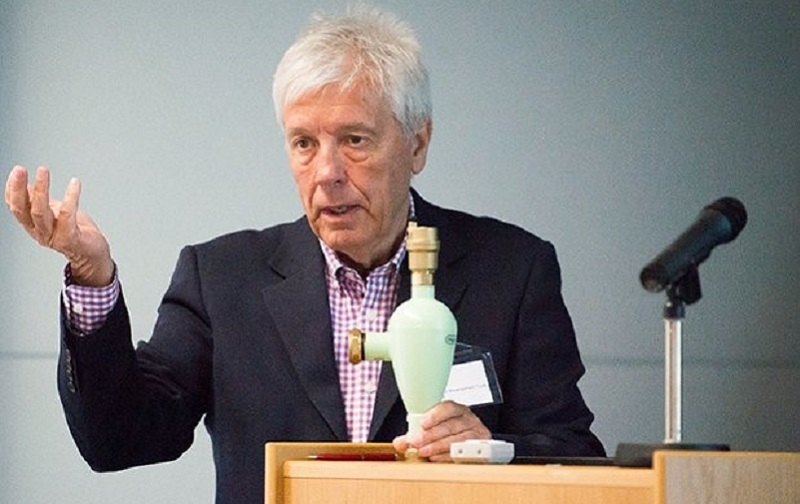Oxypod energy-saving technology
The EngEx community research forum audience choice winners have produced a technology aimed at improving energy efficiency in heating systems

22 October 2018
The problem
According to the most recent data from the Department for Business, Energy and & Industrial Strategy (BEIS), fuel poverty affects approximately 2.55 million households in England. This means that a large number of people are unable to consistently meet their basic needs for heat, hot water and electricity.
Our solution
During the EngEx community research forum on Healthy Ageing and Well-being in 2016, representatives of the Goodwin Development Trust charity won seed funding through the audience-choice vote, to further develop their Oxypod technology, which was designed to help those in fuel poverty who are vulnerable to cold temperatures, by reducing their heating costs through improved energy efficiency while also supporting utility companies in meeting the new Energy Company Obligation (ECO) targets.
The Oxypod is a patented de-aerator energy efficiency device which can be applied to wet space heating systems to remove free air, gases and bubbles from water within the pipework and radiators. The egg-shaped device, made of steel and plastic, can be fitted as new or retrofit.
The EngEx introduced the Oxypod team to UCL Electronic and Electrical Engineering researchers, Dr David Selviah and his PhD student Nafiseh Vahabi, who designed a testing protocol to discover how much oxygen the device could remove from the water in heating systems, to help determine the percentage of energy efficiency achievable. The protocol was brought to the National Physical Laboratory (NPL) Teddington, which has good oxygen measurement instruments.
Outcomes
The EngEx forum brought together community groups interested in combating the ill effects of insufficient health care for the ageing population, with academics and researchers with expertise in biomedical and healthcare engineering, technology, mobility, sensors, assisted living and accessibility.
Oxypod has since received a BEIS grant to continue testing its efficacy.
If you'd like to hear more about the Oxypod technology, please contact Bob Harris at bobharris @ bobharris (dot) plus (dot) com
 Close
Close

